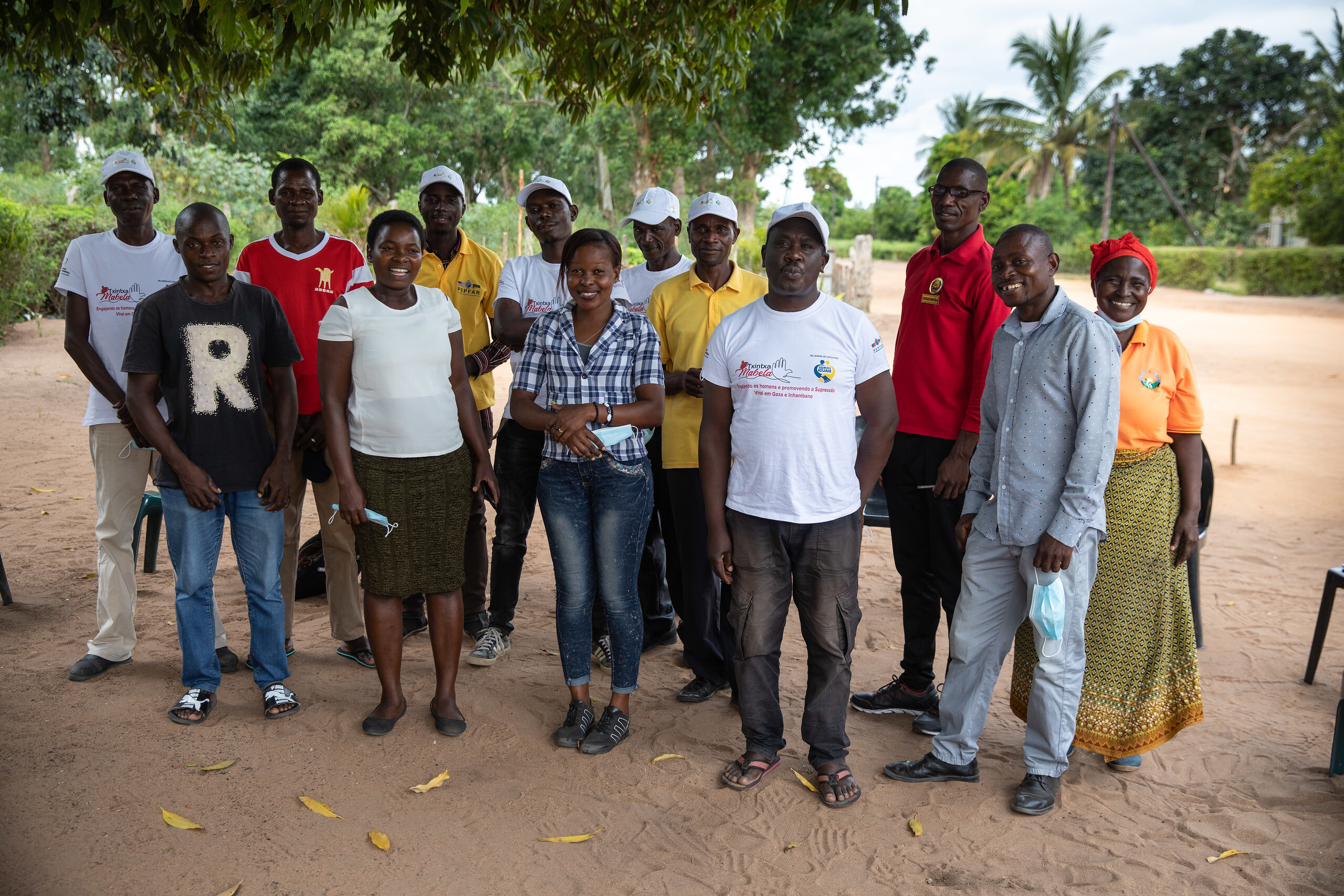Introduction
In Mozambique, 38.7% of women and 60.4% of men ages 15–59 years old living with HIV do not know their HIV status. In eight districts in Gaza province, the Elizabeth Glaser Pediatric AIDS Foundation (EGPAF) co-implemented with Aid for the Development of People for People (ADPP) a home-based HIV counseling and testing based on index cases in the community, which targeted the sexual partners, biological children under 14 years old living in the same household, and parents (for pediatric cases) of people living with HIV. The study aimed to estimate the cost-efficiency and effectiveness of community index testing and compare the HIV testing outputs with facility-based testing.
Methods
We collected EGPAF program activity data from internal financial reports and spreadsheets. Program costs included: human resources, HIV rapid tests, travel and transportation for supervision and home visits, training, supplies and consumables, and review and coordination meetings. Costs were estimated from a health systems perspective using a micro-costing approach. All project costs were incurred between October 2017 and September 2018 and converted to U.S. dollars (US$) using the prevailing exchange rate at the time of purchase or payment from Mozambique’s Central Bank. We estimated the cost per individual tested, per new HIV diagnosis, and per infection averted.
Results
A total of 91,411 individuals were tested for HIV through community index testing, of which 7,011 were newly diagnosed with HIV. Human resources (52%), purchase of HIV rapid tests (28%) and supplies (8%) were the major cost drivers. The cost per individual tested was $5.82, per new HIV diagnosis was $65.32, and per infection averted was $1,358. Furthermore, the community index testing approach proportionally tested more men (53%) than facility-based testing (27%).
Conclusion
These data suggest that expansion of the community index case approach may be a cost-effective and cost-efficient strategy to increase the identification of previously undiagnosed HIV-positive individuals, particularly men.




